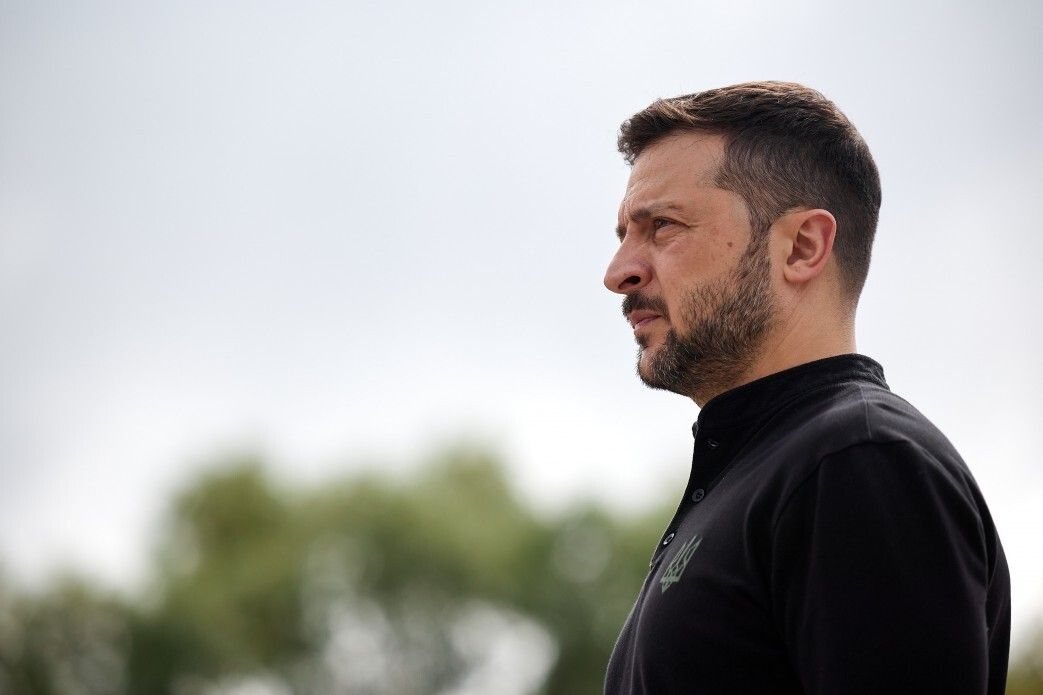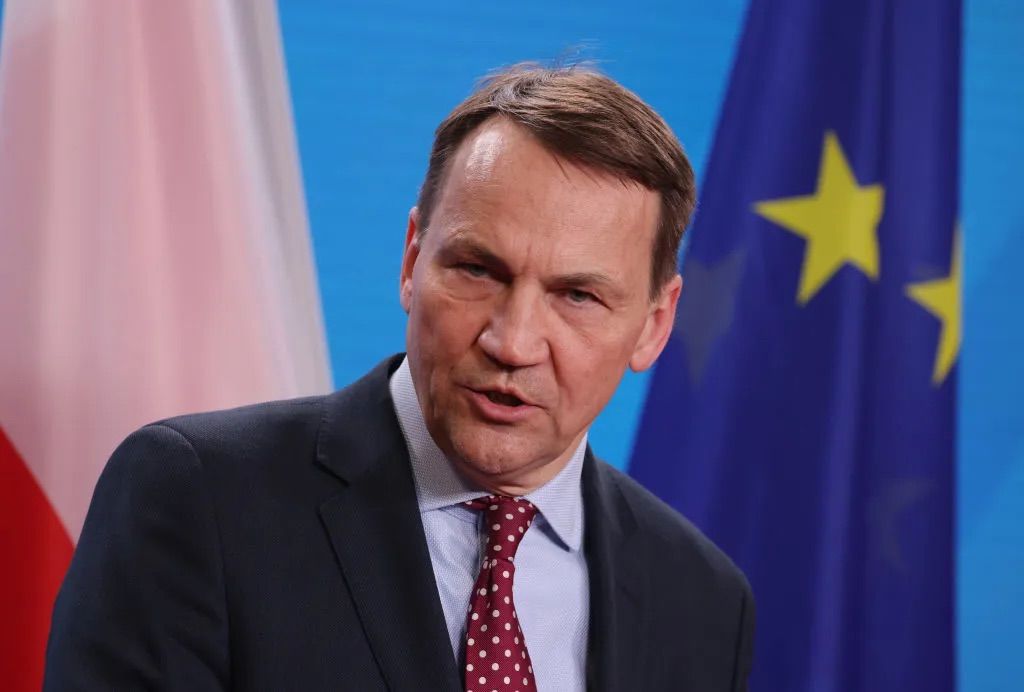Russia's Lavrov says NATO 'should have been dissolved'

Russian Foreign Minister Sergey Lavrov claimed on April 12 that NATO "lost its meaning" after the Soviet Union collapsed and "should have been dissolved," adding that the matter is still relevant today.
Speaking at the Antalya Forum in Turkey, Lavrov argued that the end of the Eastern Bloc eliminated the threat NATO was originally created to counter, yet the alliance not only persisted but also allegedly claimed a dominant role in European security.
Lavrov, the top diplomat of a country that launched the greatest war in Europe since World War II, called this "a failed strategy," accusing NATO and the Organization for Security and Co-operation in Europe (OSCE) of failing to strengthen security or prevent new conflicts.
The statements come amid growing expectations that the Trump administration will proceed with plans to scale back U.S. troop deployments in NATO's eastern flank.
U.S. President Donald Trump has long been a critic of the U.S.'s NATO partners, saying he would not defend those who fail to meet defense spending targets, directly challenging the alliance's principle of collective defense.
Some members of Trump's circle, including billionaire and advisor Elon Musk, called for the U.S. to exit NATO. U.S. Secretary of State Marco Rubio recently affirmed Trump's commitment to NATO membership while urging other allies to hike defense spending.
"All the 'efforts' of this Euro-Atlantic community are focused on preparing for a new war," Lavrov claimed, blaming Germany, France, and the U.K. for leading what he described as a campaign to remilitarize Europe.
Lavrov also repeated Russia's long-standing narrative that NATO violated verbal assurances given to former Soviet leaders in the early 1990s by expanding eastward.
"(P)eople have been agreeing on something important without signing contracts — just a word of honor and a handshake," Lavrov said, suggesting such an understanding should have prevented NATO enlargement.
No formal agreement ever prohibited NATO from admitting new members. Declassified Western documents confirm that while informal discussions on limiting military presence took place during the 1990 reunification of Germany, no binding promises were made.
NATO has consistently maintained that membership decisions are made by sovereign countries and the alliance as a whole, not dictated by external powers.
Russian President Vladimir Putin has used the narrative of NATO betrayal to justify Moscow's aggression, though NATO has never attacked Russia or threatened its sovereignty.
The war in Ukraine began with Russia's illegal annexation of Crimea in 2014 and escalated with the full-scale invasion in 2022 — acts initiated by the Kremlin, not NATO.
During U.S.-Russia talks in Saudi Arabia, Moscow reportedly demanded that the U.S. withdraw NATO forces from Eastern Europe as a condition for "normalizing relations."
Tensions between NATO and Russia have risen following Moscow's all-out attack against Ukraine. Western leaders and intelligence agencies have warned of a potential large-scale war between NATO and Moscow within the next five years, citing Russia's increasingly aggressive posture.
Speaking to CBS News on April 13, Ukrainian President Volodymyr Zelensky warned that Putin's ambitions go beyond Ukraine.
"If we do not stand firm, he will advance further," Zelensky said, adding that the threat of a larger war in Europe is "real."
NATO Secretary General Mark Rutte emphasized on Feb. 12 that any attack on alliance members would be met with a "devastating" response.












